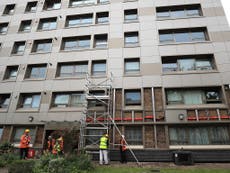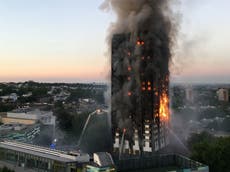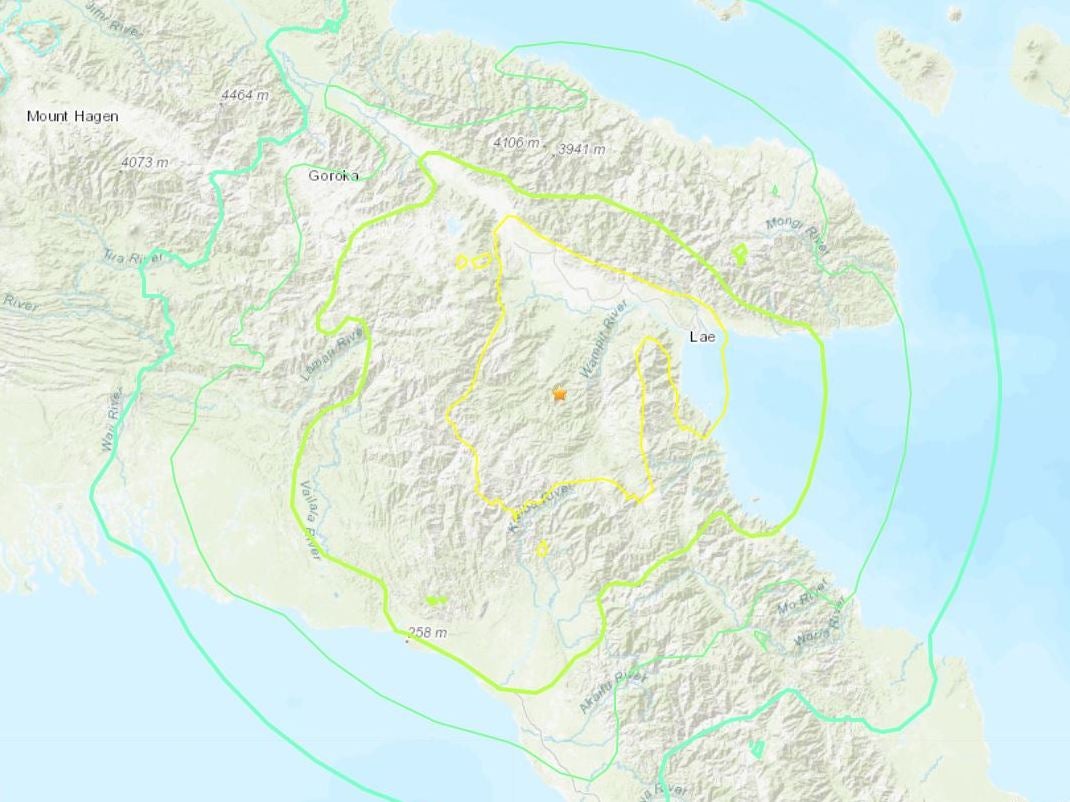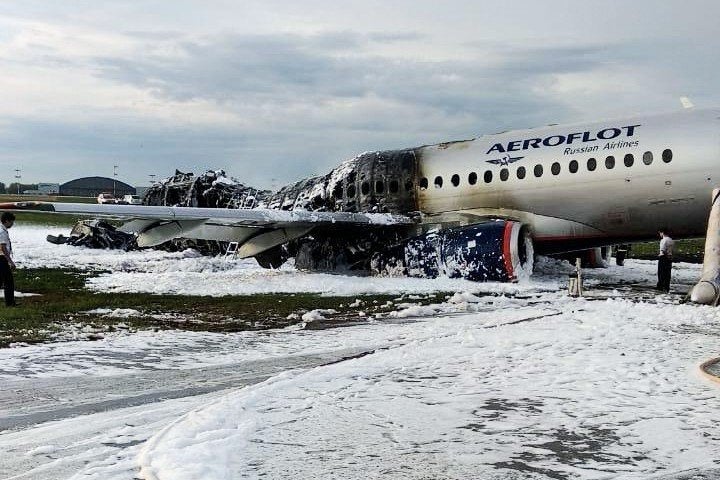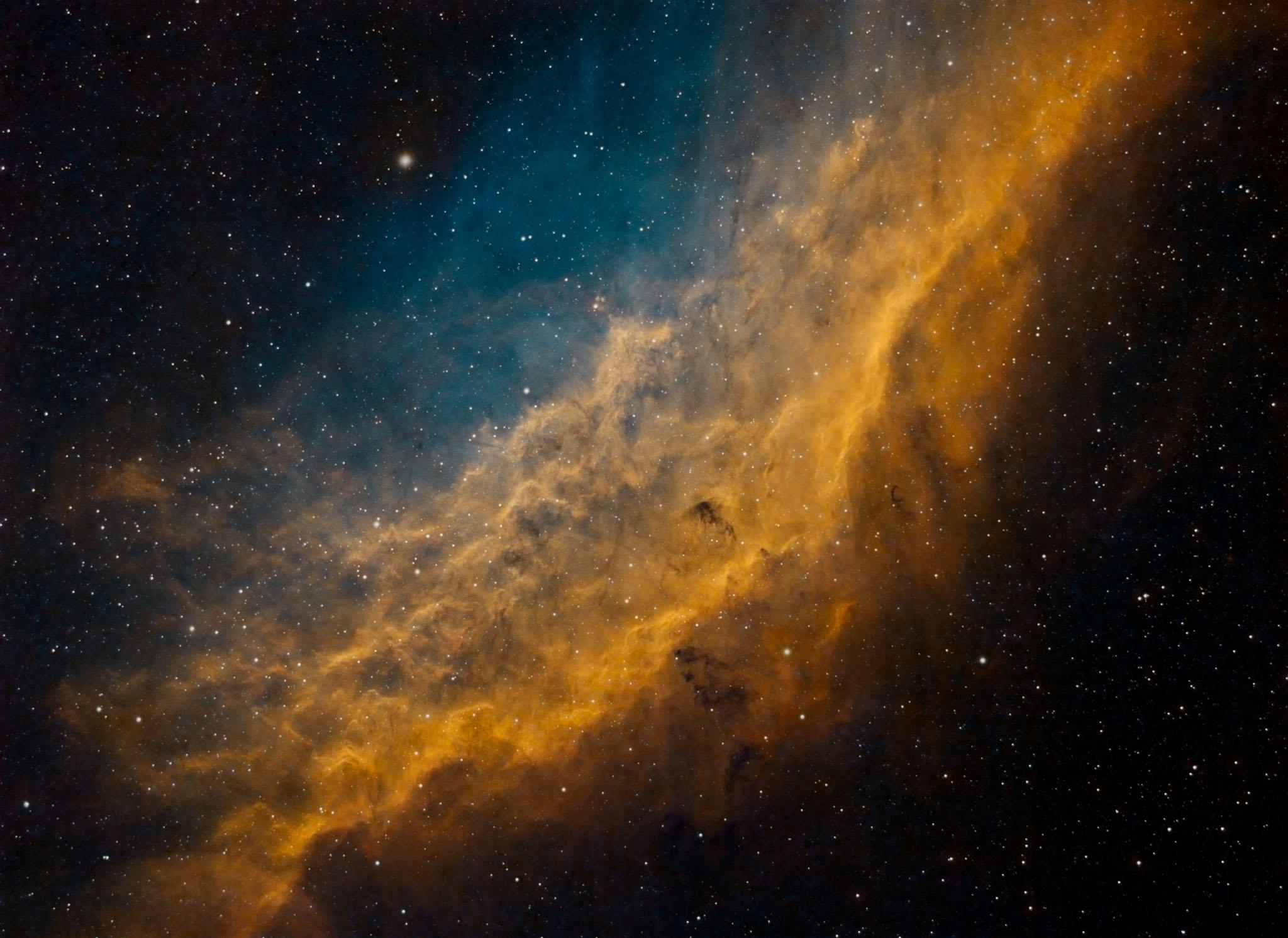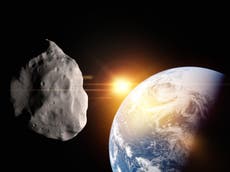Grenfell Tower inquiry 'failing to deliver' as survivors and bereaved families 'lose faith', lawyers warn
Law firms accuse probe of showing 'complete disregard' for victims and their relatives and warn that, without urgent action, it will be 'shrouded in secrecy'
May BulmanSocial Affairs Correspondent @maybulman
The Independent
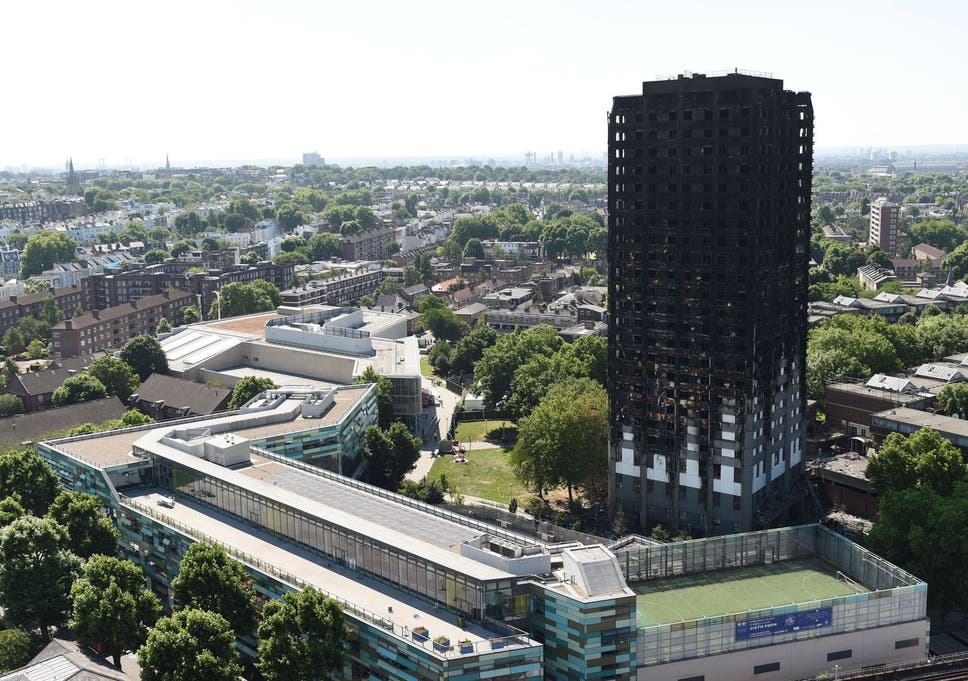
Lawyers representing those who survived the disaster and relatives of the deceased accused the probe of showing 'complete disregard' for their clients ( PA )
The Grenfell Tower inquiry is “failing to deliver” on promises it made to traumatised survivors and the families of victims, who have “lost faith” in the process, lawyers have warned.
Law firms representing those who survived the disaster and relatives of the deceased accused the probe of showing “complete disregard” for their clients and warned that, without urgent action, it would be “shrouded in secrecy”.
Despite assurances that chair Sir Martin Moore-Bick was expecting to deliver his interim report on the inquiry’s first phase by spring, the Grenfell community still does not have a date for its release.
And while Sir Martin initially said he was aiming for the second part of the inquiry to start at the end of 2019, it will now be early 2020 before hearings resume.
The inquiry team has been aiming to produce the report, based on the first phase of the inquiry, before 14 June – the second anniversary of the fire.
The Grenfell Tower inquiry is “failing to deliver” on promises it made to traumatised survivors and the families of victims, who have “lost faith” in the process, lawyers have warned.
Law firms representing those who survived the disaster and relatives of the deceased accused the probe of showing “complete disregard” for their clients and warned that, without urgent action, it would be “shrouded in secrecy”.
Despite assurances that chair Sir Martin Moore-Bick was expecting to deliver his interim report on the inquiry’s first phase by spring, the Grenfell community still does not have a date for its release.
And while Sir Martin initially said he was aiming for the second part of the inquiry to start at the end of 2019, it will now be early 2020 before hearings resume.
The inquiry team has been aiming to produce the report, based on the first phase of the inquiry, before 14 June – the second anniversary of the fire.
Grenfell Tower ‘was ticking time bomb after fire inspector cuts’
But less than a quarter of the 200,000 documents relevant to this phase, which will examine the wider issues surrounding the fire, have been disclosed.
The delays will exacerbate concerns about delays to any charges being brought, as the Metropolitan Police have said they must take the final report of the public inquiry into account before submitting a file to the Crown Prosecution Service.
Isabel Bathurst, who is representing a number of victims’ families for Slater and Gordon, one of the firms in the group of 11, said: “The families have lost faith in the inquiry and believe the process shows no humanity or fundamental interest in what they are fighting for.
“They collectively feel it is failing to deliver on its intended purpose and those in charge do not comprehend the extent of the trauma the victims and the victims’ families are still suffering every day.
“They deserve answers and to simply move the goal posts of when these will be provided is not acceptable.
“It is of their view that this inquiry has complete disregard for their voices and a total lack of respect for their loved ones who lost their lives, and therefore, their ability to fight for justice themselves.
“Unless these concerns are taken seriously now, there is a real belief that it will still be shrouded in secrecy by the time we reach the second anniversary –a situation we are not willing to accept.”
Watch more

But less than a quarter of the 200,000 documents relevant to this phase, which will examine the wider issues surrounding the fire, have been disclosed.
The delays will exacerbate concerns about delays to any charges being brought, as the Metropolitan Police have said they must take the final report of the public inquiry into account before submitting a file to the Crown Prosecution Service.
Isabel Bathurst, who is representing a number of victims’ families for Slater and Gordon, one of the firms in the group of 11, said: “The families have lost faith in the inquiry and believe the process shows no humanity or fundamental interest in what they are fighting for.
“They collectively feel it is failing to deliver on its intended purpose and those in charge do not comprehend the extent of the trauma the victims and the victims’ families are still suffering every day.
“They deserve answers and to simply move the goal posts of when these will be provided is not acceptable.
“It is of their view that this inquiry has complete disregard for their voices and a total lack of respect for their loved ones who lost their lives, and therefore, their ability to fight for justice themselves.
“Unless these concerns are taken seriously now, there is a real belief that it will still be shrouded in secrecy by the time we reach the second anniversary –a situation we are not willing to accept.”
Watch more

Grenfell Tower fire charges ‘unlikely before 2021’
The group of lawyers, which represents more than 90 core participants, has written to the inquiry pushing for the chair to make urgent fire safety recommendations for residents across the country.
A spokesperson for the inquiry said teams were in regular contact with families, with monthly public updates, drop-ins and written and face-to-face contact with groups and legal representatives.
“We recognise that publication of the phase one report is important for the bereaved, survivors and residents and all core participants,” she said.
“The drafting of the report is a very substantial exercise in which accuracy and thoroughness is key. The inquiry will update all core participants on the timing of publication of the phase one report in due course.”
Maria Chiejina, the sister of 60-year-old Vincent Chiejina, who died on the 17th floor of the tower, said the probe had “not delivered what an inquiry should deliver” and that the process “needs to be human”.
Grenfell United, a campaigning group representing survivors and the bereaved, added: “It’s May and we still don’t know what the schedule for the inquiry is for this year, never mind what the new venue will be or when to expect the phase one report.
Grenfell Tower Inquiry: photos of inside the flat where fire began
Show all 18
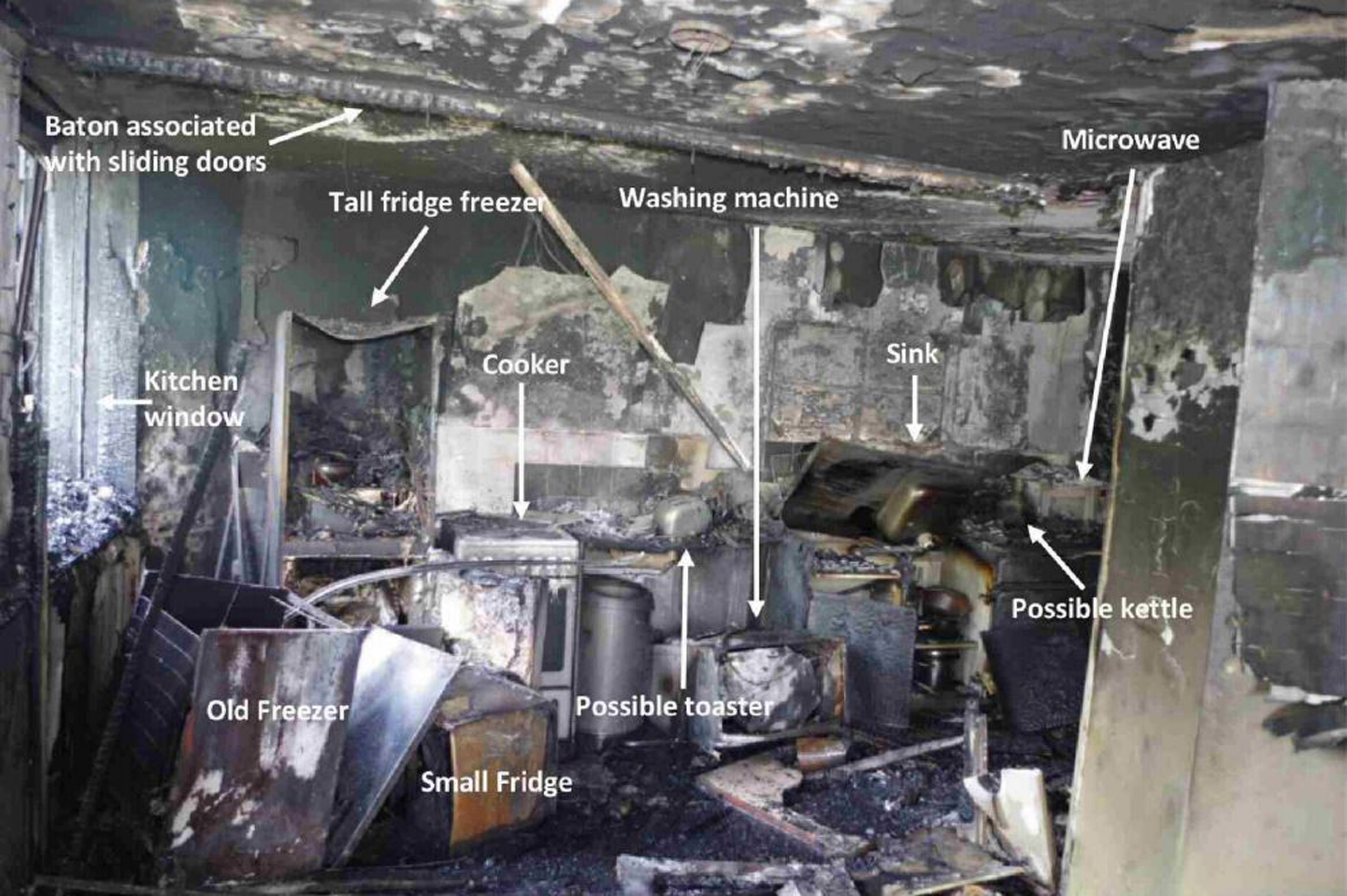
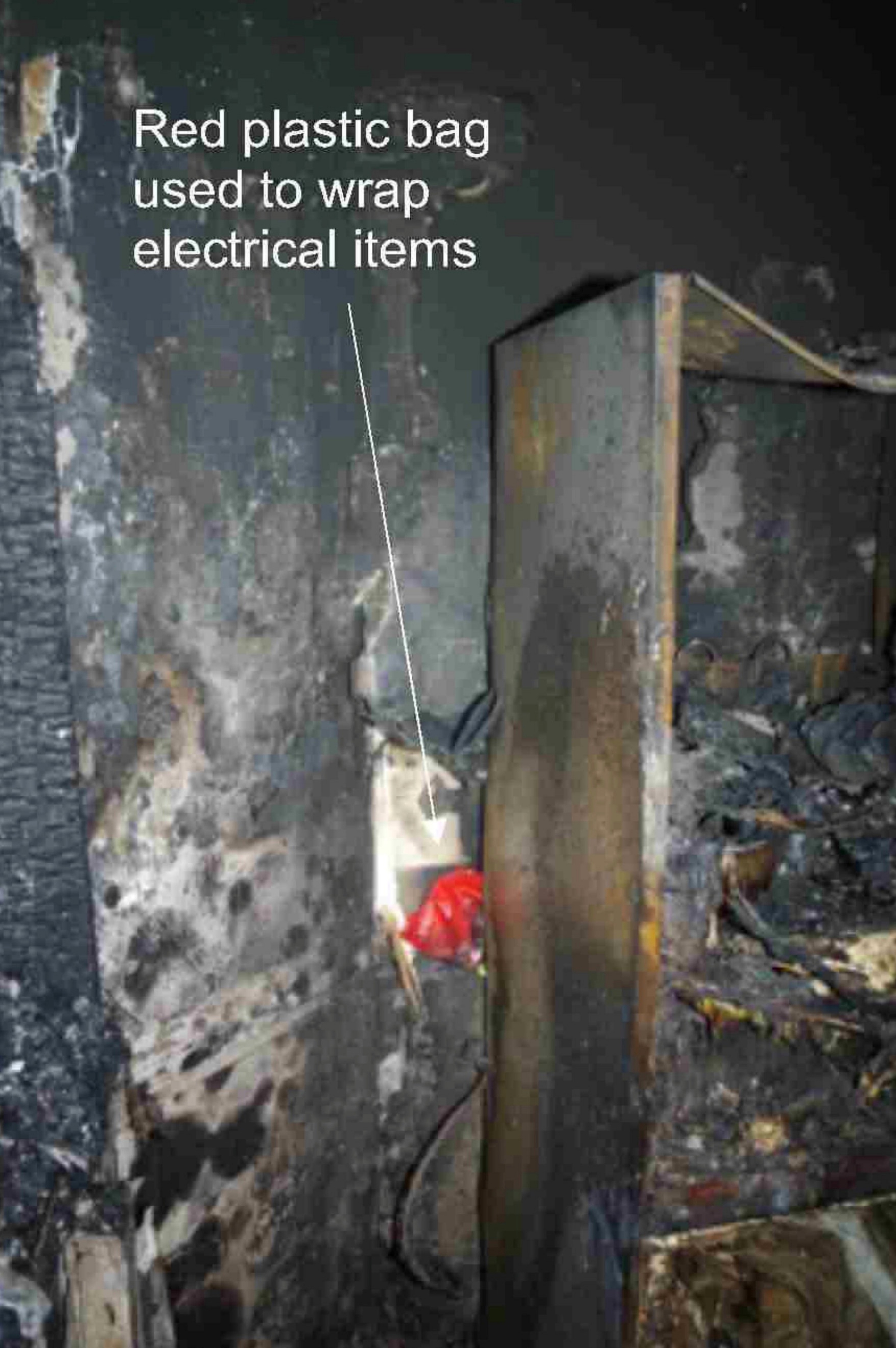
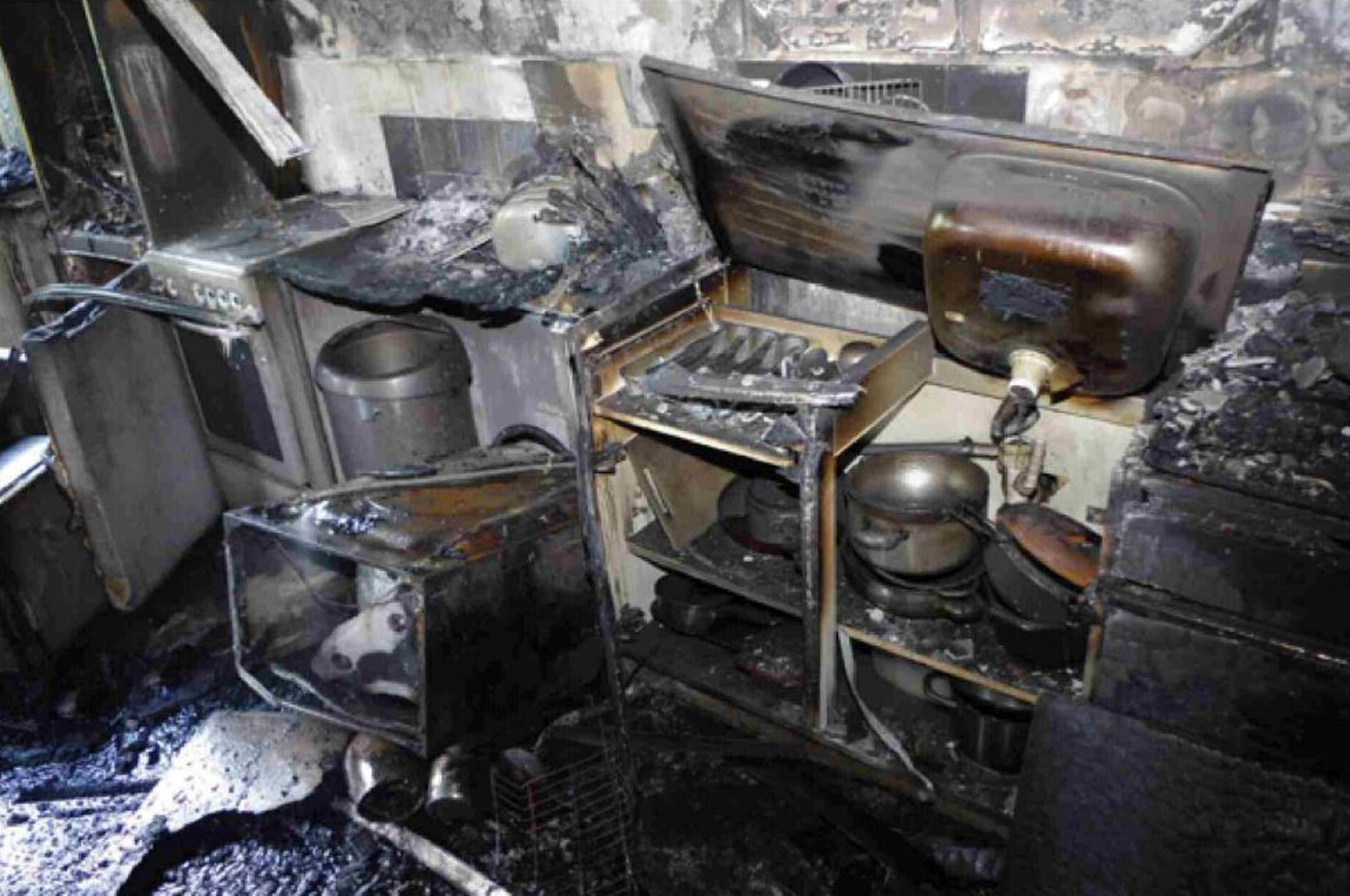
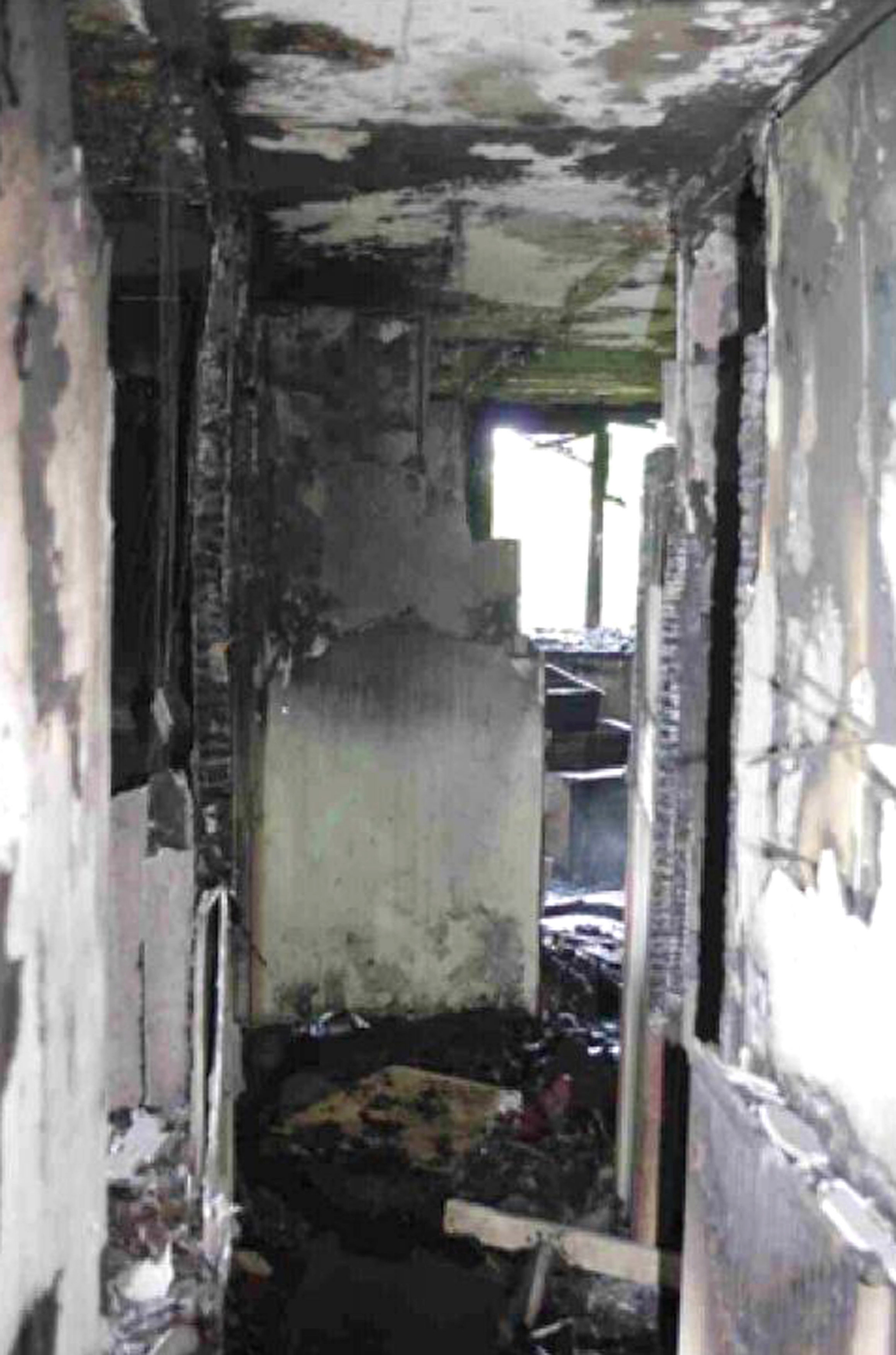
“As we get closer to the second anniversary with no useful information people are increasingly frustrated and anxious. They need to put survivors and bereaved back at the heart of this process.”
Deborah Coles, the executive director of the charity Inquest, which has been supporting Grenfell families, said: “Getting to the truth of what happened is of benefit to us all.
“However, a lack of transparency and clear timeframes from the inquiry are causing unnecessary anxiety and anguish among bereaved families and survivors.”
Additional reporting by PA
The group of lawyers, which represents more than 90 core participants, has written to the inquiry pushing for the chair to make urgent fire safety recommendations for residents across the country.
A spokesperson for the inquiry said teams were in regular contact with families, with monthly public updates, drop-ins and written and face-to-face contact with groups and legal representatives.
“We recognise that publication of the phase one report is important for the bereaved, survivors and residents and all core participants,” she said.
“The drafting of the report is a very substantial exercise in which accuracy and thoroughness is key. The inquiry will update all core participants on the timing of publication of the phase one report in due course.”
Maria Chiejina, the sister of 60-year-old Vincent Chiejina, who died on the 17th floor of the tower, said the probe had “not delivered what an inquiry should deliver” and that the process “needs to be human”.
Grenfell United, a campaigning group representing survivors and the bereaved, added: “It’s May and we still don’t know what the schedule for the inquiry is for this year, never mind what the new venue will be or when to expect the phase one report.
Grenfell Tower Inquiry: photos of inside the flat where fire began
Show all 18




“As we get closer to the second anniversary with no useful information people are increasingly frustrated and anxious. They need to put survivors and bereaved back at the heart of this process.”
Deborah Coles, the executive director of the charity Inquest, which has been supporting Grenfell families, said: “Getting to the truth of what happened is of benefit to us all.
“However, a lack of transparency and clear timeframes from the inquiry are causing unnecessary anxiety and anguish among bereaved families and survivors.”
Additional reporting by PA

